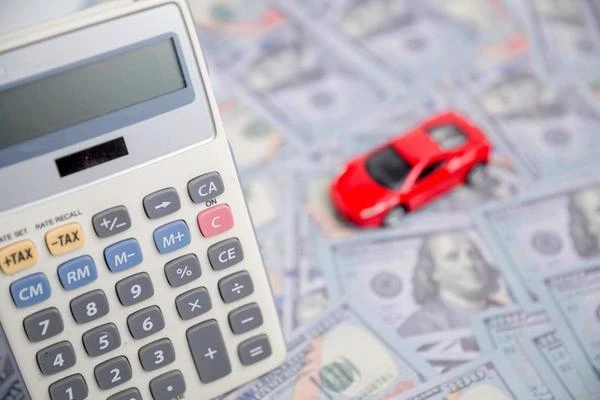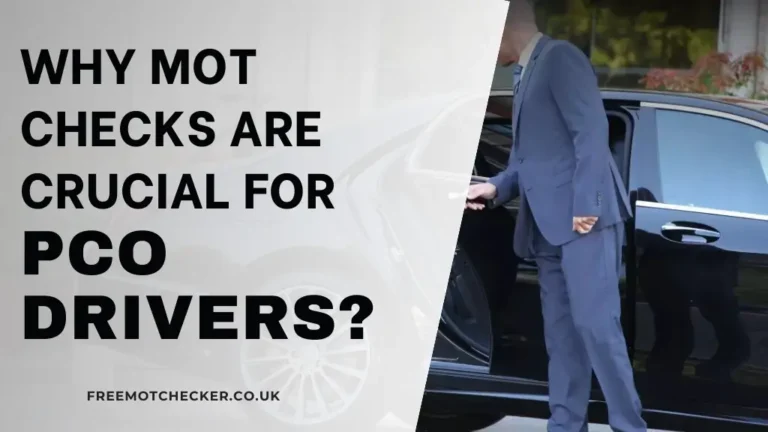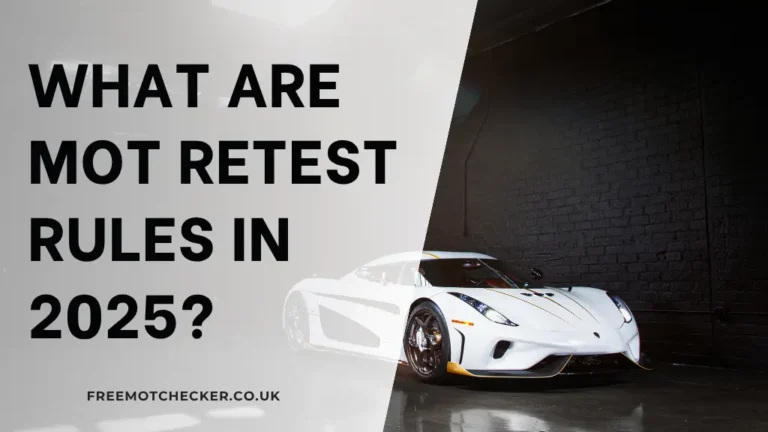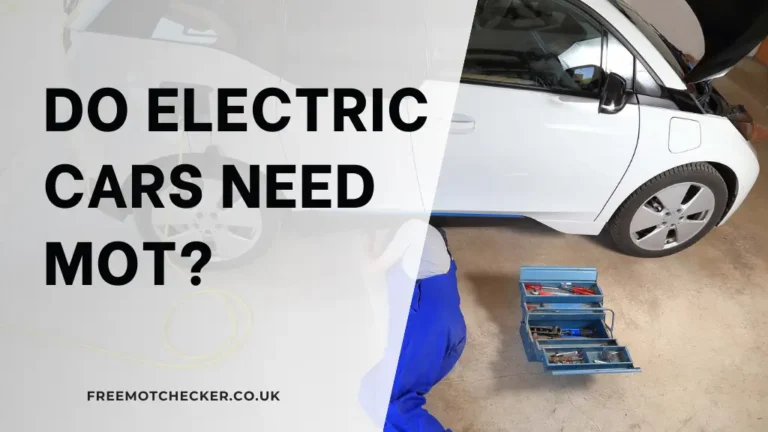The value of your car plays a direct role in how much you pay for insurance. Insurers use this figure to estimate how much it would cost to repair or replace your vehicle if it’s damaged or stolen. A car worth more generally means a higher payout in the event of a claim, which can raise your premium.
Think of it like protecting jewellery, the more valuable the piece, the more it costs to insure. By knowing your car’s true value, you can avoid paying too much for cover or being left short if you ever need to make a claim.
What is Car Valuation?
Before knowing how car value impacts your insurance premiums, it’s important to understand what car valuation means.
Car valuation is the process of determining the current market worth of your vehicle. Insurers use this value as a key factor when calculating your policy cost. The valuation is based on factors like:
- Make and model: Luxury and high-performance cars usually have higher values.
- Age of the vehicle: Newer cars tend to be valued higher, while older ones may depreciate.
- Mileage: Lower mileage often means higher value.
- Condition: Well-maintained cars retain better value.
- Market trends: Demand for certain models can raise or lower value.
By knowing your car’s estimated value, you can better understand why your premium is set at a certain amount and take steps to manage it effectively.
Instantly find your car’s MOT Hisory
Why Car Valuation Matters in Insurance
Car valuation plays a key role in determining how much you’ll pay for your insurance and what payout you might receive in case of a claim. Here’s why it’s so important:
- Insurance companies use your car’s market value as a starting point for deciding your premium. A higher-valued car usually means higher premiums because it would cost more to repair or replace.
- In the event of theft or a total loss accident, the insurer will base your settlement amount on the car’s valuation at the time of the incident.
- If your car’s value is overestimated, you might end up paying more in premiums than necessary.
- If the valuation is too low, you could face a shortfall when making a claim, leaving you to cover the gap out of pocket.
Factors That Affect Your Car’s Valuation
When determining how much your car is worth, several elements play a key role in shaping its market value. Understanding these factors can help you set realistic expectations and make informed decisions before selling or trading your vehicle.
1. Make and Model
Popular brands and models that are known for reliability, performance, or fuel efficiency often maintain a higher value compared to less in-demand vehicles.
2. Age of the Vehicle
Newer cars generally have a higher valuation, while older models tend to depreciate unless they’re classic or rare.
3. Mileage
Lower mileage indicates less wear and tear, which can increase your car’s worth. High mileage usually lowers the value, even if the car is in good condition.
4. Condition of the Car
From the exterior paint to the engine’s performance, both cosmetic and mechanical condition matter. Well-maintained vehicles often fetch a better price.
5. Service and Maintenance History
A complete record of regular servicing and repairs shows that the car has been well cared for, which boosts buyer confidence and valuation.
6. Market Demand
If your car type is currently in demand — such as fuel-efficient hatchbacks or SUVs — it can positively affect its price.
7. Location
Where you’re selling also matters. Certain vehicles sell for more in specific regions depending on climate, fuel prices, and local preferences.
Tips to Maximise Your Car’s Value
Getting the best possible price for your car requires a bit of preparation. Here are some practical steps that can help you boost its value before selling:

1. Keep Your Car Well-Maintained: Regular servicing and timely repairs show potential buyers that your car has been cared for. Keep service records handy, as they can add credibility to your asking price.
2. Fix Minor Issues Before Selling: Small problems like scratches, dents, or worn-out wipers can give buyers the impression of poor upkeep. Fixing these can make your car look better and justify a higher value.
3. Keep It Clean Inside and Out: A thorough wash, polish, and interior cleaning can make a big difference. First impressions matter, and a sparkling car often feels worth more.
4. Choose the Right Time to Sell: Market demand can affect prices. For example, convertibles sell better in warmer months, while SUVs are more in demand during winter. Selling at the right time can mean a better offer.
5. Be Honest and Transparent: Provide accurate details about your car’s history, mileage, and condition. Buyers are more willing to pay a fair price when they trust the seller.
Common Mistakes to Avoid When Selling Your Car
Even a small oversight can lower your car’s final selling price. By being aware of common mistakes, you can avoid losing value and sell faster.
1. Setting an Unrealistic Price
Overpricing can discourage buyers, while underpricing means losing potential profit. Research market rates and use online car valuation tools to set a fair, competitive price.
2. Ignoring Minor Repairs
Small issues like worn-out wipers, dents, or faulty lights can make buyers think the car hasn’t been well-maintained. Fixing these low-cost problems can improve your car’s appeal.
3. Poor Presentation
A dirty car inside or outside creates a bad first impression. Clean your car thoroughly and consider a professional detailing before listing it for sale.
4. Incomplete or Missing Documents
Not having service history, registration papers, or MOT certificates ready can delay the sale or make buyers suspicious. Keep all paperwork organised and up to date.
5. Not Highlighting Key Features
If your car has low mileage, upgraded features, or a full-service record, mention these clearly in your listing to attract serious buyers.
6. Rushing the Sale
Accepting the first offer might mean missing out on a better deal. Be patient and compare multiple offers before finalising the sale.
Conclusion
Selling your car at a fair price depends on how well you prepare, present, and negotiate. From keeping the vehicle clean to having complete documents ready, small details can influence a buyer’s decision.
Avoid common mistakes like setting the wrong price or ignoring minor repairs, and follow proven tips to make your car stand out in the market. A little effort before listing your car can result in a quicker sale and a better offer.
FAQs
How can I increase my car’s resale value?
Regular servicing, keeping maintenance records, and ensuring the car is clean and damage-free are effective ways to boost resale value.
Should I repair small dents before selling?
Yes. Minor fixes can make the car look well-maintained and justify a higher asking price.
Is online selling better than visiting a dealership?
Online platforms can attract a wider audience, while dealerships offer quick sales. The better choice depends on whether you want speed or a higher price.
How do I set the right asking price for my car?
Check online listings for similar models, consider your car’s mileage and condition, and use a car valuation tool to get a fair estimate.







